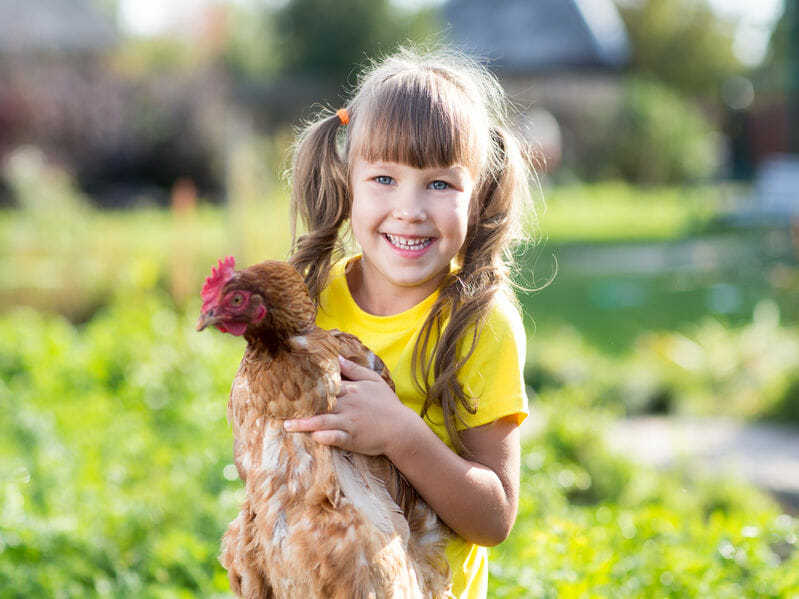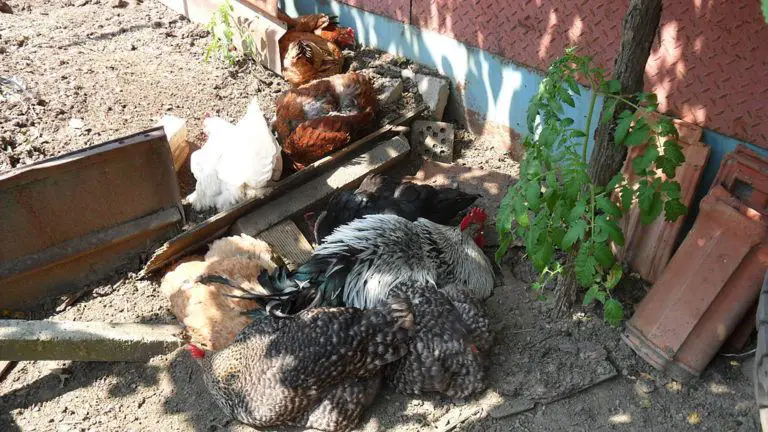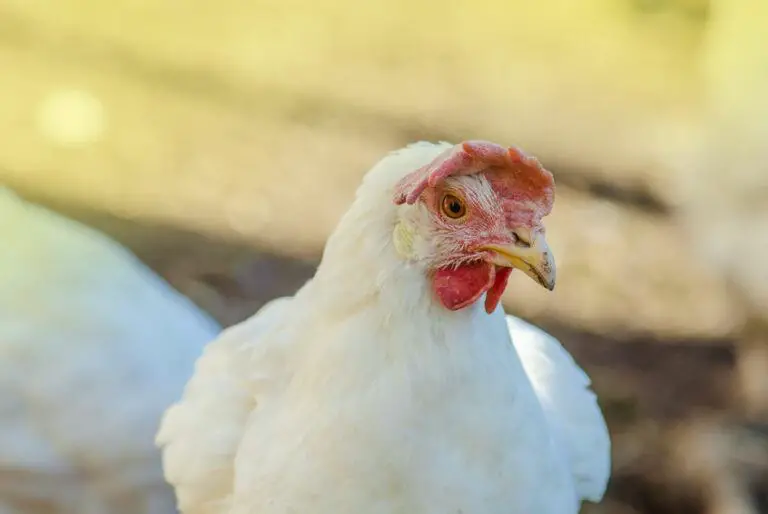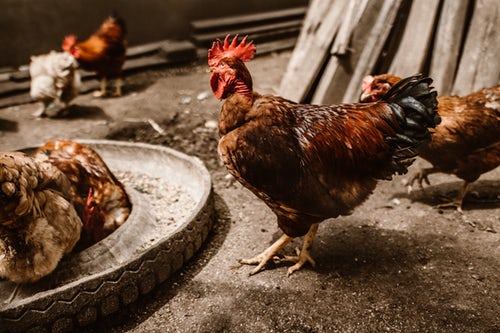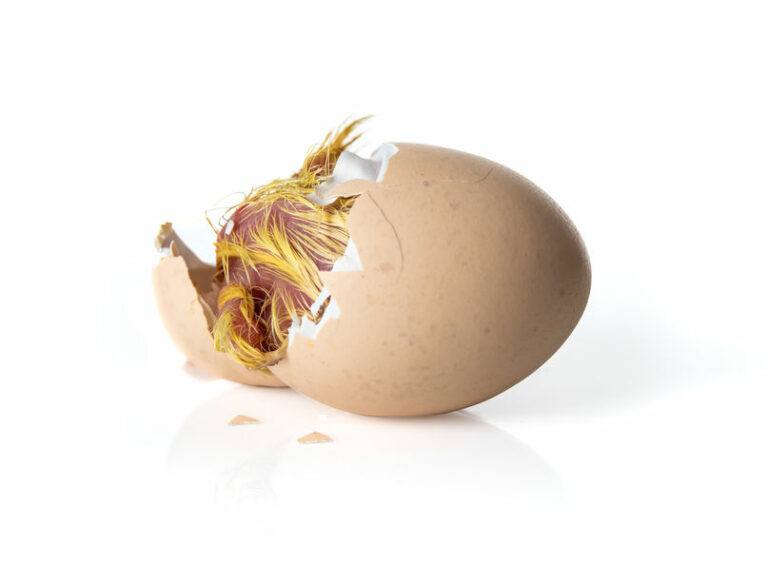Lifespan Of A Chicken – How Long DO We Get With Our Feathered Friends?
The surprising truth surrounding the average lifespan of chickens!
Many of us assume our chickens are going to live long lives. However, did you know the lifespan of a chicken differs between chickens?
Leghorn “Lilly” may outsurvive her flockmate Sumatra “Sally.” Both are standard breeds with a life expectancy of 8-15 years, so what gives?
What is the average lifespan of chickens? Grab your cup of coffee and get comfy because we’re going to explore some interesting information.
Factors That Determine How Long A Chicken Will Live.
If you scour the internet, you won’t find a precise number of years to a chicken’s lifespan. What you will find are “averages.” The lifespan of any living creature, including humans, is based on averages. There are factors that influence how long a chicken will live.
Nurture vs. Nature
Did you know if you raise a chicken as a pet, they’ll live longer? According to Backyard Poultry Magazine, pet chickens can live up to 5 years longer. Bantam breeds average 4-8 years of life, whereas standard breeds average 8-15 years.
So, why do pet chickens live longer?
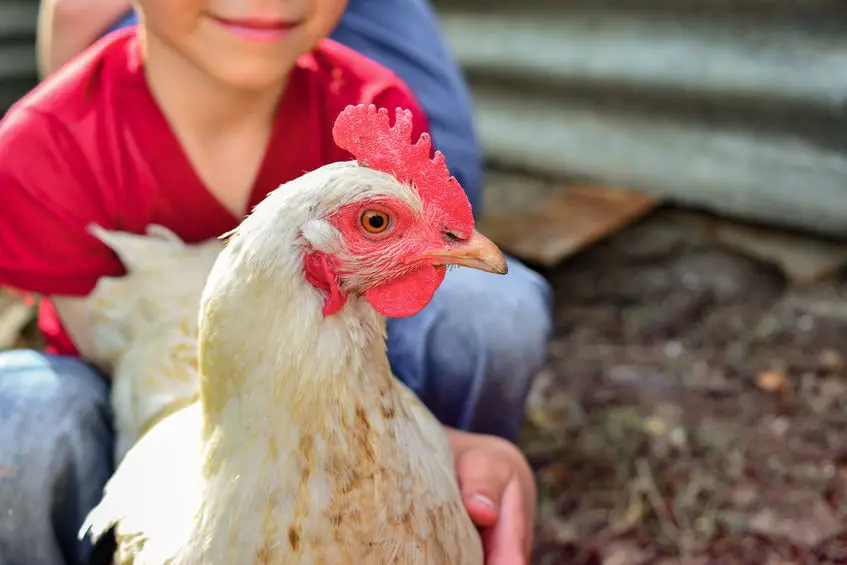
Pet Chickens
As chicken-parents, we enjoy nurturing our feathered kids. Extra attention is given to what we feed them, as well as providing them the best in protection and healthcare. Pet chickens are less vulnerable to predators because we go the extra mile (or two) in providing shelter and protection to keep predators at bay.
We can’t forget the best part of being a chicken-parent! We interact and love on our chickens daily. By doing this, we are much more likely to notice any health issues.
Broilers and Egg Layers
Now, we flip things and take a look at chickens raised in an unrefined manner. These chickens aren’t perceived as pets but sources of food (eggs and meat.) The lifespan of broilers and laying hens are short. Broilers don’t have the pleasure of reaching ripe old ages. Egg layers that no longer produce frequently end up on a dinner plate.
Heritage vs Hybrid Breeds
Yes, humanity has manipulated various breeds of chickens through hybridization to create better egg layers, meatier broilers, and overall hardiness.
What’s the difference between a heritage breed and hybrid breed?
|
Heritage Breed To be considered a heritage breed, a chick must have some serious pedigree! The hatch must come from a sire of a standard breed dating back to at least the early 1900s. Growth rate: slower Lifespan: longer Costs more than a hybrid. Egg-laying decreases as winter approaches. |
Hybrid Breed Different heritage breeds are crossbred to produce hybrids. Hybrids are also crossbred with other hybrids. Hybrid breeding began around 1950. Growth Rate: Fast Lifespan: shorter Cheaper than heritage breeds. Egg laying is continual. |
Lifespans are shorter in hybrid chickens because of natural genetic manipulation. Studies indicate hybrid chickens are more prone to health issues resulting in shorter lifespans.
Diet
There’s a contrasting difference in how a good or bad diet impacts a chicken’s longevity.
Good Diet
|
Poor Diet
|
Environment
Chickens thrive best in an environment that offers shelter from the elements, protection against predators, and one that’s stimulating. Unfortunately, not every chicken has the luxury of being spoiled as pets. The lifespan of chickens in captivity and confined to cages have short lives.
Rural vs. Urban
Chickens fall prey whether they’re on a farm or in a backyard. It’s vital to provide them protection against predators. When you don’t, they won’t live very long. Free-ranging chickens out in the country are at a higher risk of being attacked because of being out in the open. Backyard chickens usually have the advantage of fences and covered chicken runs and coops.
-
Rural chickens tend to live shorter lives.
-
Backyard chickens live longer lives.
To order chickens for you can buy fertilized eggs online or purchase chicks at your local farm store.
Shelter: Protective and Clean
Chickens will, of course, live a longer life providing they are protected against predators. This especially includes the coop and run. Inspect the coop and run for any openings that a predator, big or small, can infiltrate. Repair these openings. Ideally, chickens should have coops/runs that consist of protective barriers (wire, wood, plastic, etc.) on all sides as well as on top. A fun way to give chickens some new scenery and fun is with tunnel runs that are extensions off of the coop/run.
Don’t forget that a clean coop keeps your chickens healthy. Dirty coops are breeding grounds for bacteria and disease.
Great chicken coops can be found here.
The Last “Cluck”
Chickens are kind of like cars. The better you take care of them, the longer they’ll last. Just because chicken culture gives you averages on lifespans of chickens doesn’t mean it’s a given. You can prolong your chicken’s life with several things.
-
Nurture your flock rather than leaving them to their own devices.
-
Be attentive to their health.
-
Provide them with a diet specific for their life stage.
-
Spoil them with treats here and there that are healthy.
-
Give them plenty of room in their coop and run.
-
Think like a predator and walk around their coop and run and look for openings that need to be repaired.
-
Get creative in ways to enhance and stimulate their lives.
-
Give them a little cuddle here and there!
Perhaps you may get lucky like the parents of a chicken known as Muffy. Muffy lived to the ripe old age of 22 and made it into the Guinness Book of World Records! Wowzer! She beat the “average” lifespan of a chicken.
Happy “chickening!”


